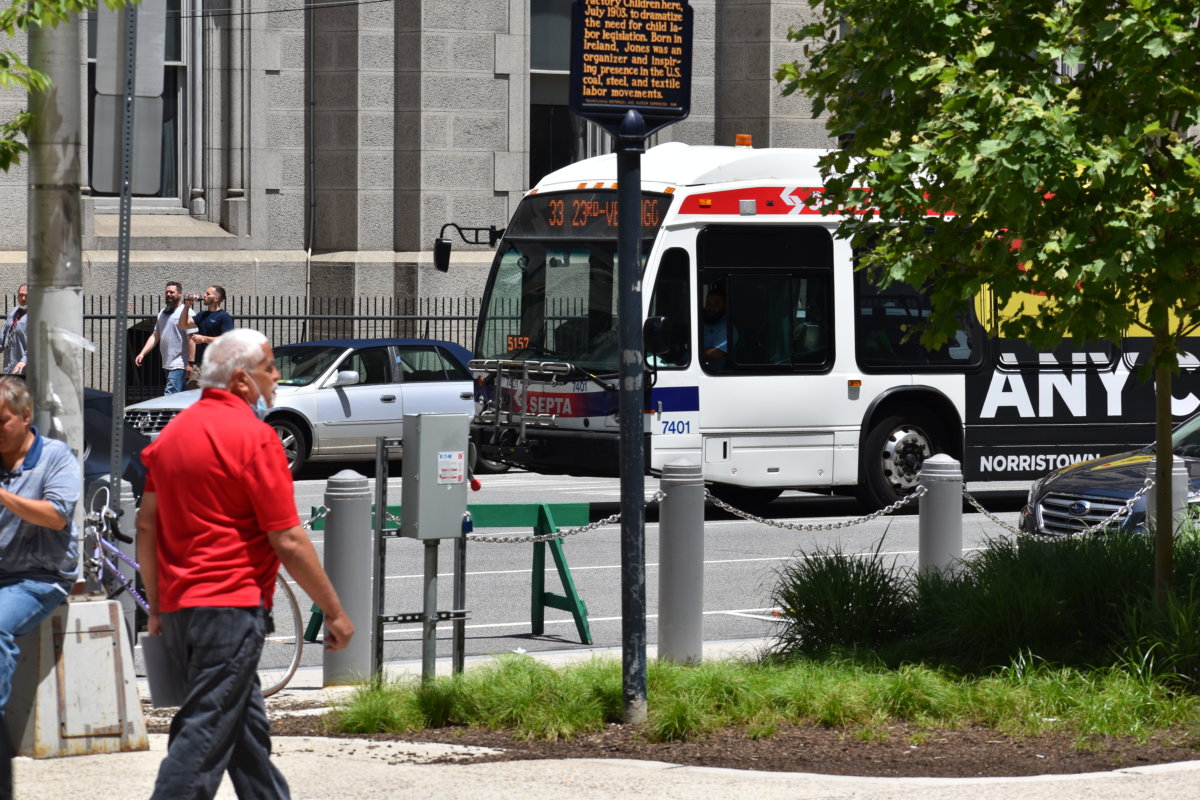The Hub 10/15/2021: Clean Air Council’s Weekly Round-up of Transportation News

“The Hub” is a weekly round-up of transportation related news in the Philadelphia area and beyond. Check back weekly to keep up-to-date on the issues Clean Air Council’s transportation staff finds important.
Clean Air Council’s pedestrian advocacy group, Feet First Philly, launched the second round of their public space enhancement mini-grant program. Everyone is encouraged to apply and enhance a public space of their choice. Applications are due on 11/8 by 11:59 pm.
Modern Diplomacy: Older Cars Increases Greenhouse Gas Emissions – The transportation sector has a critical role to play in reducing global greenhouse gas emissions, but this will be more difficult for developing countries. Since older petrol and diesel vehicles from developed countries like the United States are more affordable in comparison to new electric vehicles.
Austin Monitor: Vision Zero Initiatives Starts Working in Austin – Early evidence shows that Vision Zero strategies are starting to work despite an increase in traffic fatalities in the past few years. But serious injuries have been declining.
The Inquirer: SEPTA following Employees’ Suggestions to Save $117M – SEPTA is adopting operational cost-cutting ideas provided by employees, and these ideas can help the agency save $117 million when all 150 suggestions are implemented. Ideas include improving the timing of trash collection at each station.
Streetsblog USA: Study Reveals A Road Pricing Scheme – A comprehensive study in Switzerland used a cell phone app to track research participants’ daily commute choices and quantified in dollar amount how much these choices cost their neighborhood. Results from the study proved that if drivers are forced to pay close to the real cost of their preferred mode of transportation (driving), they will drive less.
Philly Metro: Slower Bus or Longer Walk? SEPTA Asks Riders – SEPTA launched a survey in an effort to solicit riders’ feedback on the bus network redesign, “Bus Revolution.” Questions focus on participants’ preferences, for example, “shorter walk to a slower bus or longer walk to a faster bus?”
Image Source: Philly Metro

